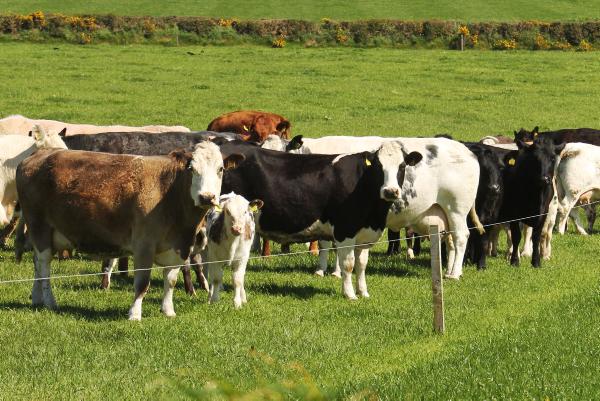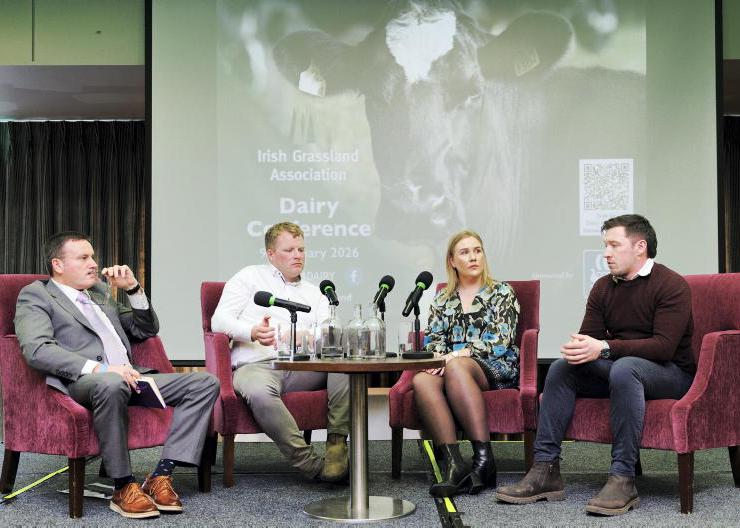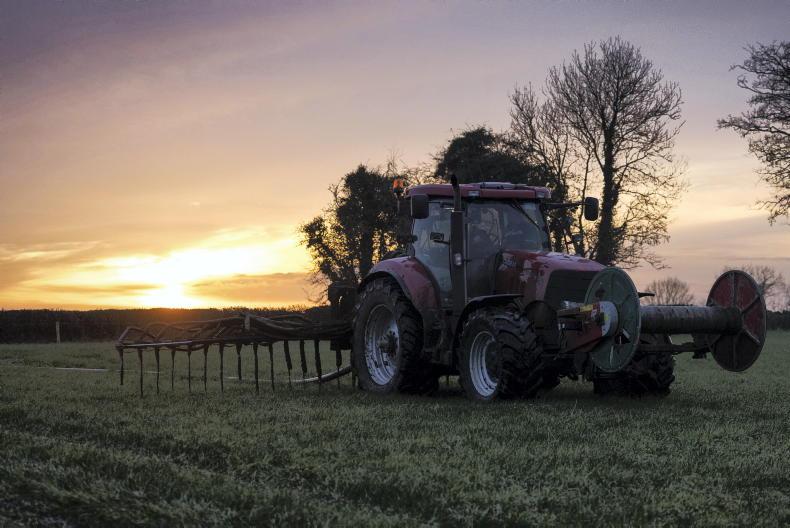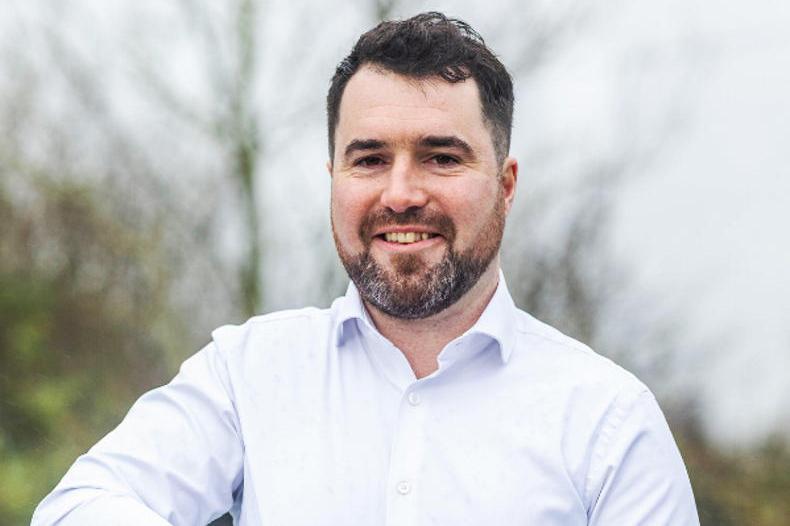Following the fodder crisis of 2013 and the low prices of 2014, now is a good time to look at how the banking sector sees the beef industry and where it is heading. As part of our suckler series, we sat down with the head of agriculture at Bank of Ireland Sean Farrell, Ulster Bank senior agricultural manager Ailish Byrne, and Allied Irish Bank agricultural adviser Eamonn O’Reilly to get their views.
One of the key questions we asked was whether dairy farmers were looked upon more favourably when applying for loans. All three said this is not the case.
“Absolutely no,” said Sean Farrell.
No matter whether you are a beef, dairy or tillage farmer, the number one consideration is whether you can afford to repay the loan. This was echoed by Ailish Byrne, who said the same metrics apply for beef farmers as dairy farmers.
Eamonn O’Reilly was also in agreement, saying: “No matter what type of farming they are involved in, if the figures add up, then it makes sense to do business.”
All three representatives recognised the difficulties being faced by the beef sector.
“Beef price is under pressure today, especially when compared to this time last year. I absolutely acknowledge that,” said Sean.
At the start of the year there was a small spike in requests for extensions of stocking loans for farmers who struggled to get cattle killed or were holding out for a better price. However, they are largely cleared at this stage, he said.
Both Ailish and Eamonn agreed it hasn’t been an easy year for beef farmers. However, stocking loans and other repayments have been met in the main. In many cases, farmers were asking about borrowing again.
The advice provided by all three bankers was that if farmers are experiencing difficulty, they should inform their bank. Alternative arrangements can be put in place and contacting them early will help establish the level of support required.
The view from all three was that the level of borrowing sought by beef farmers is constant – mostly for stock, farm machinery and land. Beef farmers who identify strategic plots of land and can demonstrate the ability to repay borrowings are being supported by the banks, said all three.
Succession was said to often bring about farm development. There was €4.5bn spent on buildings during the farm waste management scheme between 2006 and 2008. The introduction of the Targeted Agricultural Modernisation Scheme (TAMS) has the potential to drive investment and because of the higher percentage available to young farmers, may act as a catalyst for succession plans to be put in place.
Borrowing
Sean said: “The question for me is one of demand, and whether or not farmers choose to purchase stock for winter feeding. What I will say is, if someone has a good track record with us, then all other things being equal there is every reason to expect that Bank of Ireland will approve their loan application.
“The vast majority of customers have strong track records and Bank of Ireland has a history of supporting these farmers.
“However, if people are planning to feed cattle over the winter, they need to do their own analysis, estimate what their breakeven price is ahead of buying stock and make a judgement call on whether or not the market is likely to provide an adequate return for their investment. There must also be a margin built into this for the farmer.”
Looking to the future, Sean said: “As in every sector, there are good business people involved in beef. However, there are also huge variations in efficiency. From a repayment capacity point of view, the beef sector is very strong. The CAP gives a strong foundation and there continues to be expansion opportunities for efficient beef farmers.”
According to Ailish, the most important consideration is the individual seeking the loan.
“If a farmer is commercially focused and knows their business, we want to help and we will support the investment provided it increases profitability of the enterprise.
“There is currently an over-emphasis on dairy; it should be a more balanced approach. Good beef farmers may have a better lifestyle in their current business compared to switching to dairy.
“Family and social life needs to be brought into the planning stage on farms. In many cases, you may have to pay someone to milk for you so that you can continue to do the things that you take for granted now, like taking your children to school. Having to pay someone will take from your profits and may reduce the benefits of ever changing your system,” Ailish said.
Eamonn said: “Some farmers were impacted more than others due to high store price at purchase in expectation for a price rise to come in winter/spring, which never materialised. AIB has considerable experience supporting the agri sector through short-term difficulties, and remains committed to supporting those impacted by recent changes in the marketplace.
“On a positive note, it has been an excellent year for animal performance as a result of good grass growth.
“I expect that beef farming will remain the most common farm activity in Ireland, hugely important to Irish agriculture and economic activity throughout the country. According to CSO data, the value of output for beef and dairy are broadly on a par, at €2.156bn versus €2.073bn. At AIB, we are looking to support the working capital and farm development needs of farmers across all farming sectors into the future.”
Securing finance
The farmer’s Single Farm Payment is one of the key criteria examined when applying for finance. Banks generally look at the enterprise capacity, repayment capacity, direct payments, the farm income and non-farm income.
This is then compared with what needs to be serviced on the other side, such as home loans, personal loans and farm loans. There needs to be enough on one side to service the other. The track record over time will be examined and how this relates to what has been happening in the sector.
Contracts
Would more contracts between primary producers and processors be welcome?
“Yes, contracts offer benefits to both sides,” said Eamonn, “and we would take comfort from such a development. More integration between the processors and farmers should lead to more animals matching specification requirements.”
Ailish and Sean were of the same view. However, Ailish suggested she would like to see the contracts as more than just verbal.
Changes to the CAP
According to Ailish, farmers are aware that the changes will reduce their payments and so are the banks. Eamonn said payments will be taken into consideration and a stress test applied on a tiered basis to account for any change to repayment capacity. GLAS will be a welcome addition for many suckler farmers, he said.
Sean said: “Our view is the CAP deal plus the introduction of the Rural Develop Programme puts a firm base in place for farmers today to make decisions for their business for both short- and long-term investments.”










SHARING OPTIONS